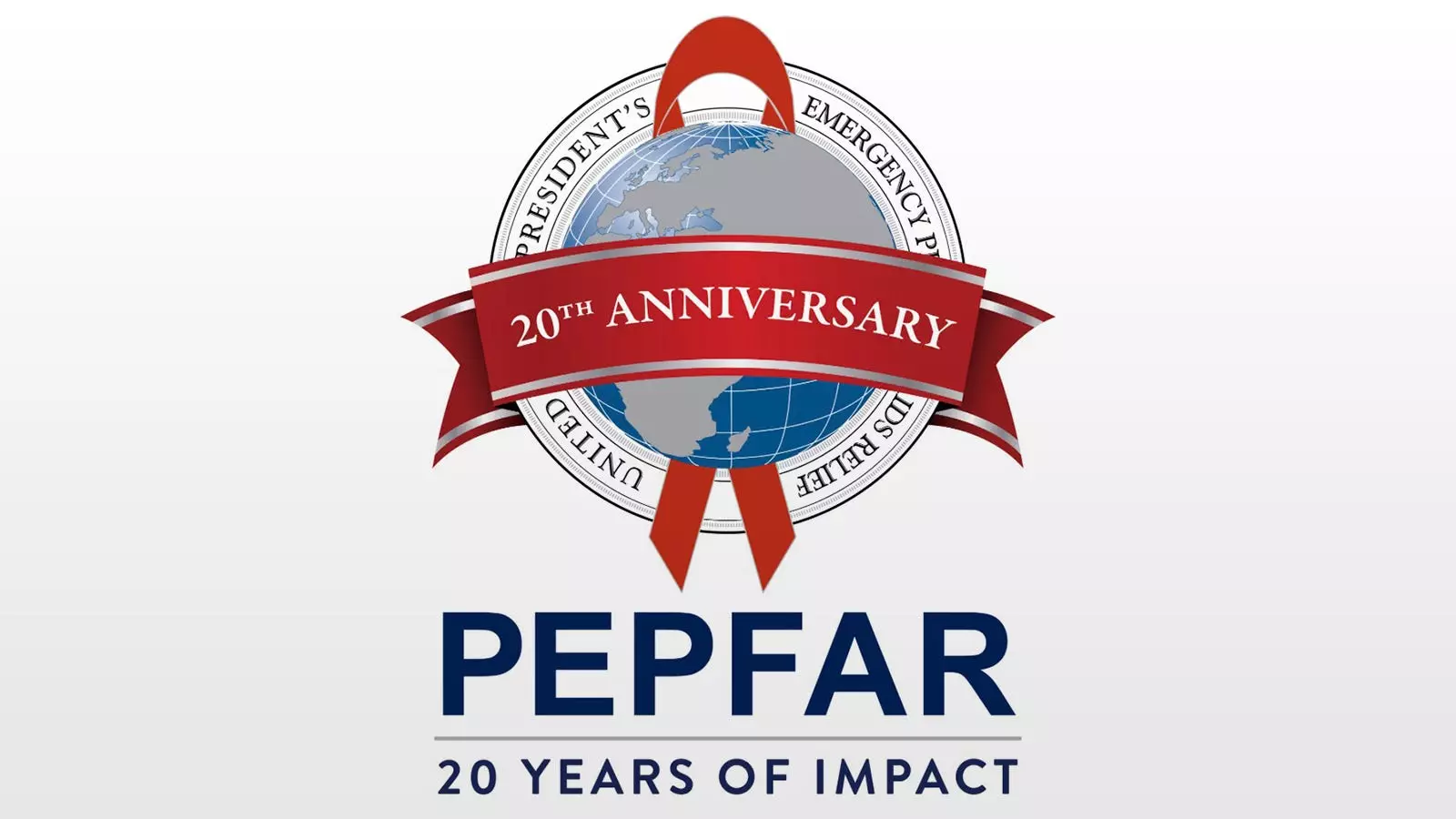In 2003, two former opposing political leaders, Tom Daschle and Bill Frist, joined forces to support President George W. Bush in authorizing the U.S. President’s Emergency Plan for AIDS Relief (PEPFAR). This decision was made at a time when the global AIDS crisis was reaching catastrophic levels. Despite their political differences, Daschle and Frist recognized the importance of prioritizing life-saving measures over political agendas. The impact of PEPFAR has been undeniably remarkable, with an estimated 25 million people alive today because of this program. This article critically analyzes the future of PEPFAR and highlights the urgent need for its reauthorization amidst budget and leadership concerns.
PEPFAR holds the distinction of being the largest commitment ever made by any nation to address a single disease. Over the years, it has made critical investments in more than 50 countries across the Americas, Africa, Europe, and Asia. One of the most significant achievements of PEPFAR is its contribution to preventing mother-to-child transmission of HIV, enabling 5.5 million babies to be born HIV-free. Moreover, the program has provided care for more than 7 million orphans and vulnerable children, securing their futures and alleviating the burden on societies.
One of the crucial aspects of PEPFAR is its dedication to safeguarding children from the devastating impact of AIDS. Through its efforts, PEPFAR has played a vital role in providing life-saving treatment to 1.5 million children living with HIV globally. The implementation of this program has resulted in an impressive 80% reduction in deaths among infants and young children due to AIDS. Recent research also indicates a substantial decline in the number of children orphaned by AIDS, from 1.6 million new orphans annually in 2004 to 382,000 in 2021. It is worth noting that approximately 10% of PEPFAR funding supports orphaned children, underscoring the critical role this program plays in their lives.
Studies conducted by the Bipartisan Policy Center (BPC) reveal the significant impact of PEPFAR in reducing HIV infections and all-cause mortality. Countries with greater PEPFAR resources have witnessed a remarkable 21 percentage point decline in new HIV infections. Additionally, these countries experienced a 34 percentage point decrease in mortality rates for all causes, indicating the broader positive health outcomes resulting from PEPFAR’s interventions. These findings emphasize the transformative power and effectiveness of the program in combating the AIDS epidemic.
Beyond its impact on HIV/AIDS, PEPFAR has emerged as a key player in strengthening global public health. The program’s investments in public health infrastructure have yielded far-reaching dividends by enhancing countries’ capacity to tackle infectious disease outbreaks and other health challenges. The BPC study highlights the deeper implications of PEPFAR’s role in strengthening health systems. Countries that received minimal or no PEPFAR investment experienced a more pronounced increase in all-cause mortality in 2020, likely due to the COVID-19 pandemic. The findings of this study underscore the critical role of PEPFAR in fortifying global health security.
PEPFAR’s benefits extend beyond health and have a significant impact on diplomatic relations and economic growth. Termed as strategic health diplomacy, PEPFAR’s contributions have resulted in improvements in worker productivity, government effectiveness, and rule of law in countries receiving higher levels of funding. Furthermore, increased PEPFAR funding is associated with greater overall approval of U.S. leadership among recipient countries’ populations. It is essential to acknowledge that undermining PEPFAR not only jeopardizes global health but also has far-reaching diplomatic consequences, particularly in Africa. For more than two decades, PEPFAR has symbolized America’s commitment to the health, development, and well-being of this strategically significant region.
To maintain the trust and confidence of partner countries, long-term strategic planning and consistent funding commitments are vital. Clean, 5-year reauthorizations of PEPFAR have been instrumental in building trust among the 50+ countries that benefit from PEPFAR support. By providing reliable and sustained funding year after year, the U.S. has demonstrated its commitment to effective health programs. Short-term reauthorizations and doubts about bipartisan support will undermine the confidence of partner countries and hinder the translation of American resources into life-saving programs on the ground.
In an era of increasing partisan polarization, the fight to end AIDS has remained one of the few priorities that unite political parties. PEPFAR has faced challenges in the past, but Congress has consistently prioritized the preservation of this life-saving program. The current situation warrants redoubled efforts to secure a 5-year reauthorization of PEPFAR in a strong bipartisan manner. This moment presents a historic opportunity to end AIDS once and for all, and the legacy of those involved will be judged by future generations. It is crucial for lawmakers to remain focused on the objective of saving lives and act swiftly to ensure the future of PEPFAR. Let us not allow this opportunity to slip away and jeopardize the progress made in the fight against AIDS.
The future of PEPFAR hangs in the balance, and concerted efforts must be made to ensure its continued success. The achievements of the program thus far cannot be understated, and the impact on millions of lives is immeasurable. As lawmakers grapple with budget and leadership issues, they must prioritize the reauthorization of PEPFAR. The stakes are high, not only for the millions of beneficiaries but also for the diplomatic standing of the United States and its commitment to global health. The choice to support PEPFAR is a choice to save lives and uphold the core principles of humanity and compassion.

Leave a Reply